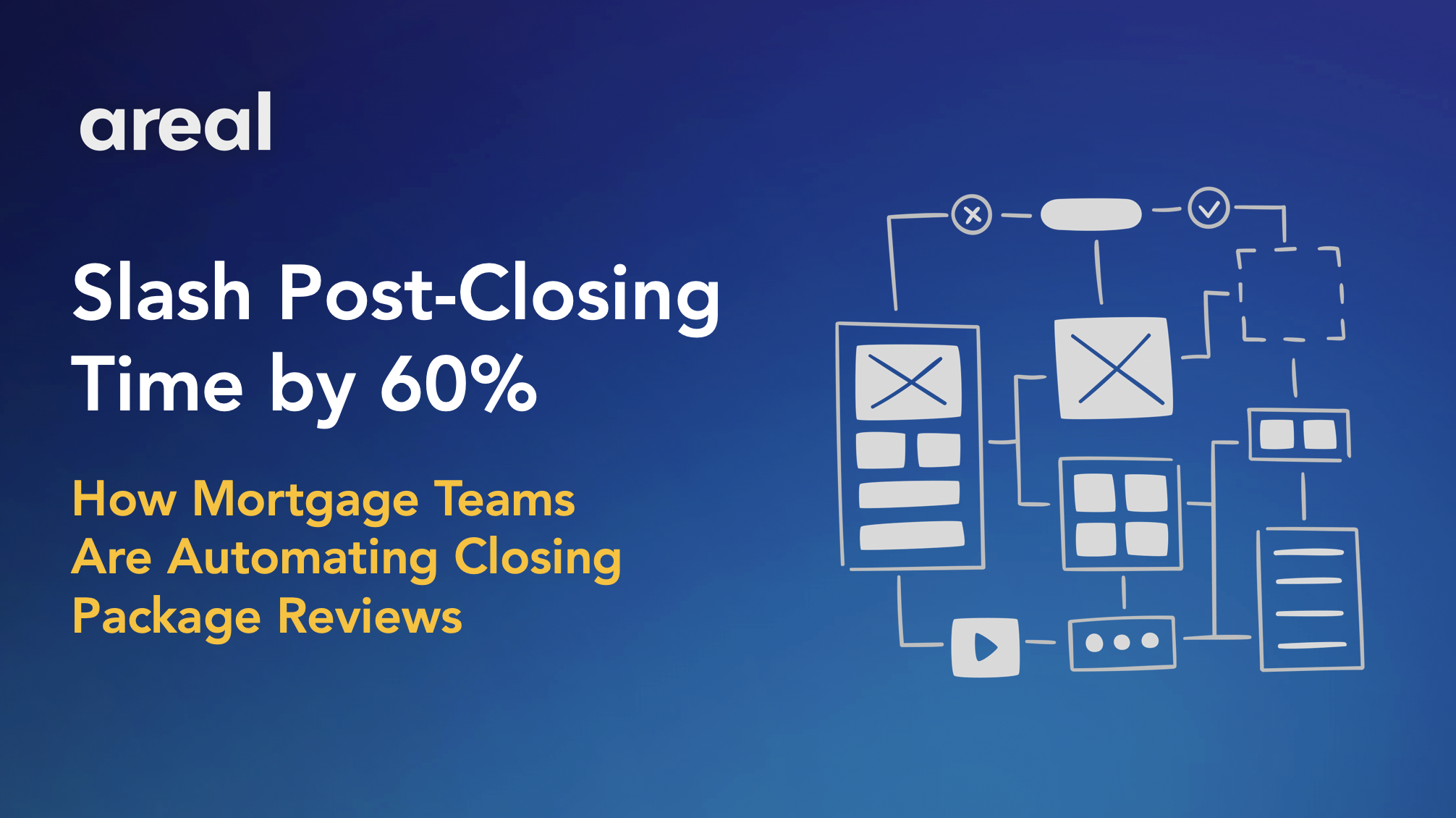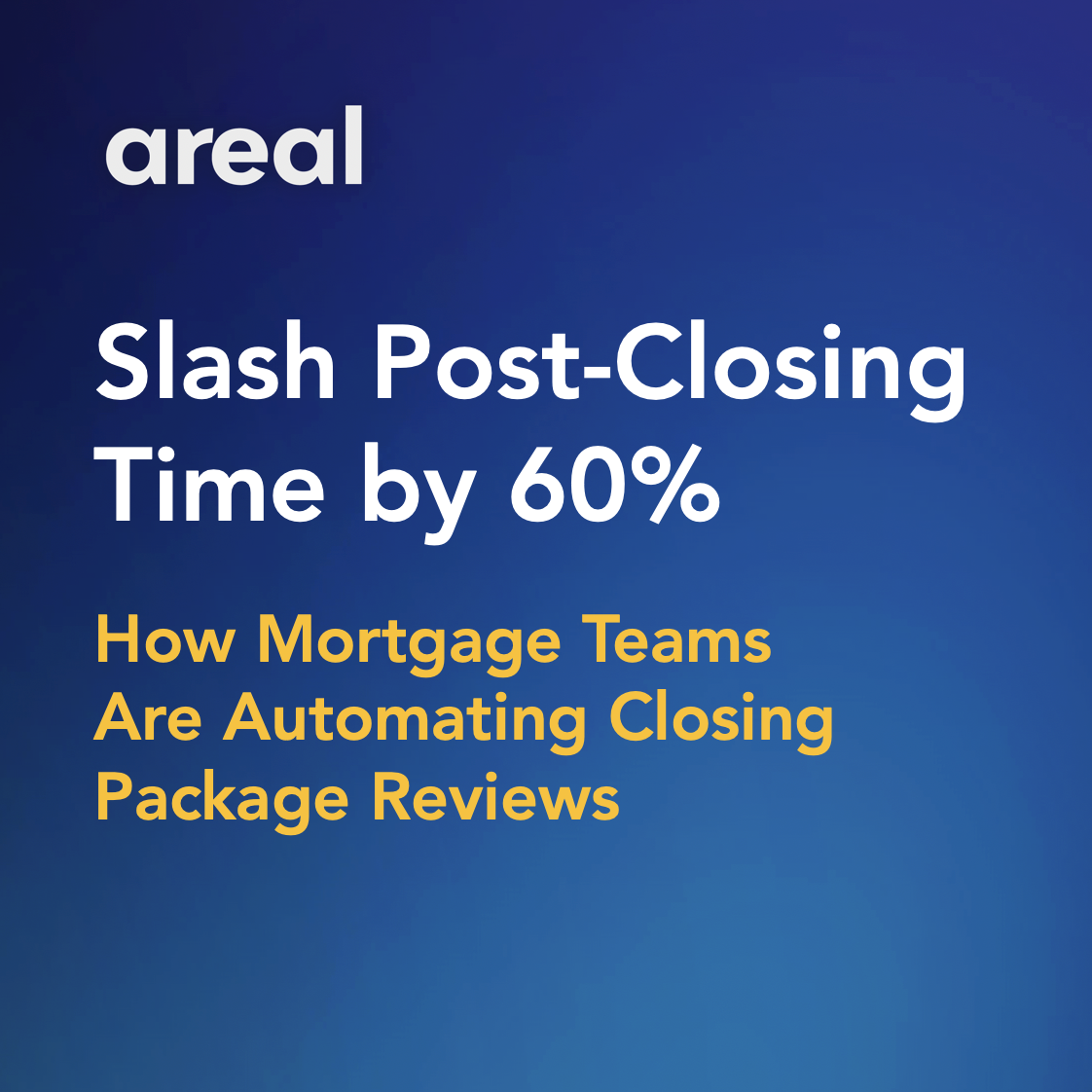In this in-depth exploration, we'll unravel how AI is reshaping the mortgage industry, streamline the application process, offer personalized mortgage solutions, and ensure compliance with evolving regulations.
How Artificial Intelligence is Used in the Mortgage Industry?
In the contemporary landscape of the mortgage industry, the infusion of Artificial Intelligence (AI) has ushered in a paradigm shift, influencing various facets of the lending process. Embracing AI in mortgage services has become synonymous with innovation, offering a spectrum of benefits to both lenders and borrowers.
AI in mortgage industry manifests through sophisticated algorithms and machine learning models that power automated decision-making processes, commonly known as AI mortgage services. These services streamline and optimize tasks such as underwriting and risk assessment, ensuring faster and more accurate lending decisions. The integration of AI in mortgage lending not only expedites processes but also enhances the overall efficiency of loan origination.
One of the key advantages of AI in the mortgage industry lies in its ability to provide personalized experiences for borrowers. AI-driven virtual assistants navigate complex mortgage terms, address borrower queries, and facilitate smoother communication channels. This not only fosters customer satisfaction but also contributes to a more transparent and engaging lending experience.
The role of AI in the mortgage industry goes beyond individual transactions; it extends to the broader scope of the industry itself. Artificial intelligence in mortgage lending is a proactive force in fraud detection and prevention. Through the analysis of intricate patterns in financial data, AI can identify anomalies and potential fraudulent activities, bolstering the security of mortgage transactions and safeguarding the interests of both lenders and borrowers.
As the mortgage industry embraces AI, it positions itself at the forefront of technological innovation. AI in the mortgage industry is not merely a tool but a transformative force, shaping the future of lending by integrating intelligence, efficiency, and a customer-centric approach. In navigating this evolving landscape, the synergy between artificial intelligence and mortgages emerges as a catalyst for a more responsive, secure, and personalized mortgage experience.
Streamlining the Application Process
Automated Document Verification
One of the prominent applications of AI in the mortgage industry is automating the document verification process. AI-driven systems, equipped with Optical Character Recognition (OCR) technology, can swiftly analyze and verify vast volumes of documents, including pay stubs, bank statements, and identification records. This not only expedites the application process but also minimizes the risk of human errors associated with manual document reviews.
Moreover, the integration of AI in document verification enhances accuracy, ensuring that the information extracted aligns with the required criteria. This is particularly crucial in evaluating an applicant's financial stability and determining their eligibility for a mortgage.
Predictive Analytics for Creditworthiness Assessment
AI plays a pivotal role in assessing the creditworthiness of mortgage applicants. Traditional credit scoring models have limitations, and AI addresses these by leveraging predictive analytics. Machine learning algorithms analyze a broader set of data, considering various factors beyond the conventional credit score. This includes analyzing spending patterns, bill payments, and even social media behavior to build a more comprehensive and accurate picture of an applicant's financial behavior.
This holistic approach to creditworthiness assessment enables lenders to make more informed decisions, extending mortgages to individuals who might be overlooked by traditional scoring models.
Personalized Mortgage Solutions
Tailored Loan Recommendations
AI algorithms excel in processing vast datasets and extracting meaningful insights. In the mortgage industry, this capability is harnessed to provide personalized loan recommendations to applicants. By analyzing the financial profile, spending habits, and risk tolerance of individuals, AI systems can generate tailored mortgage options that align with the unique needs and circumstances of each applicant.
This personalization enhances the customer experience by presenting borrowers with mortgage solutions that are not only financially viable but also align with their long-term goals. It fosters a more client-centric approach, moving away from one-size-fits-all mortgage offerings.
Dynamic Interest Rate Adjustments
AI also enables dynamic interest rate adjustments based on real-time market conditions and individual borrower profiles. Traditional mortgage models often offer fixed interest rates, which may not always reflect the prevailing market conditions or the evolving financial situations of borrowers.
AI-driven systems continuously monitor economic indicators, interest rate trends, and borrower financial data. This allows for real-time adjustments to interest rates, ensuring that borrowers receive rates that are reflective of the current market environment and their financial standing.
AI and Mortgage Regulatory Compliance
Enhanced Fraud Detection and Prevention
Ensuring regulatory compliance is a paramount concern in the mortgage industry. AI contributes significantly to compliance efforts by enhancing fraud detection and prevention measures. Machine learning models can analyze patterns and anomalies in data to identify potentially fraudulent activities or misrepresentations during the application process.
This proactive approach to fraud detection not only safeguards lenders from financial losses but also aligns with regulatory requirements that mandate robust anti-fraud measures in the mortgage industry.
Adherence to Fair Lending Practices
AI helps in promoting fair lending practices by mitigating the risk of unconscious biases in decision-making. Traditional lending practices may inadvertently lead to biases based on factors like race or gender. AI algorithms, when designed and implemented with fairness in mind, can objectively assess an applicant's creditworthiness without being influenced by irrelevant factors.
This commitment to fair lending practices not only ensures compliance with anti-discrimination laws but also fosters a more inclusive and equitable mortgage industry.
Automated Regulatory Reporting
The mortgage industry is subject to a myriad of regulations, and the burden of compliance reporting can be substantial. AI simplifies this process by automating regulatory reporting tasks. From generating compliance reports to ensuring that lending practices align with evolving regulations, AI-driven systems streamline the complexities associated with regulatory compliance.
By automating these reporting tasks, lenders can devote more time and resources to strategic initiatives, while reducing the risk of human errors in compliance-related documentation.
Conclusion
Artificial Intelligence is undeniably reshaping the landscape of the mortgage industry, bringing forth efficiency, personalization, and enhanced regulatory compliance. From streamlining the application process through automated document verification to offering personalized mortgage solutions based on individual financial profiles, AI is making homeownership more accessible and tailored to the needs of borrowers.
Moreover, the role of AI in ensuring regulatory compliance cannot be overstated. By automating fraud detection, promoting fair lending practices, and simplifying the complexities of compliance reporting, AI contributes to a more transparent, accountable, and inclusive mortgage industry.
As the mortgage industry continues to evolve, the integration of AI is poised to become even more integral. Lenders and industry stakeholders embracing these technological advancements are not only staying ahead of the curve but also contributing to a more innovative and responsive home financing ecosystem. For a comprehensive look at the role of AI in mortgage document automation, you can explore AREAL's Supported Mortgage Documents.







